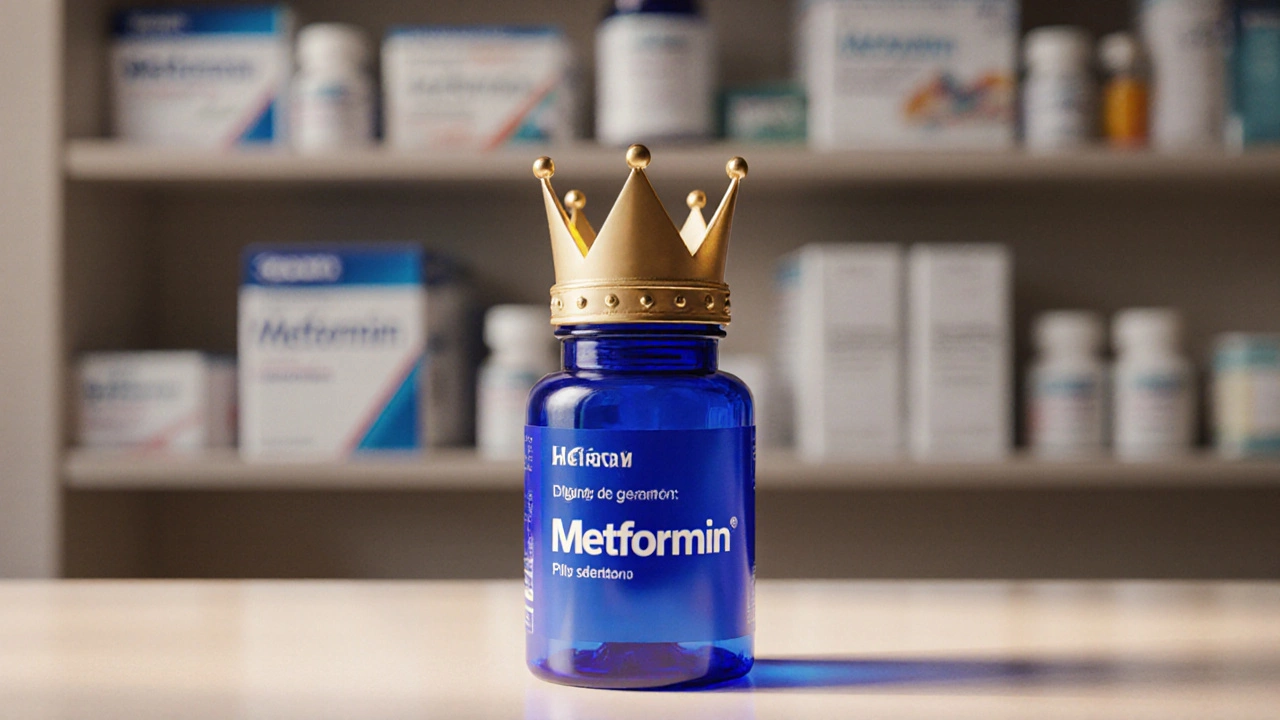Diabetes: Easy Guides to Meds, Weight Loss & New Treatments
Got diabetes and feel overwhelmed by all the advice out there? You’re not alone. The good news is that you don’t need a medical degree to understand the basics of managing your blood sugar. Below you’ll find straight‑forward info on the most common pills, what the latest drugs are promising, and how shedding a bit of weight can change the game.
Top Diabetes Medications You Should Know
When you hear “best diabetic pill,” most doctors point to metformin. It’s been the go‑to for type 2 diabetes for decades because it lowers glucose production in the liver and helps cells use insulin better. Most people start with a low dose and gradually increase it, which keeps side effects like stomach upset manageable.
That said, metformin isn’t perfect. Some patients experience diarrhea, nausea, or a metallic taste. If you notice persistent problems, talk to your doctor about adjusting the dose or switching to an extended‑release version, which many find easier on the stomach.
Newer classes of drugs are gaining fans. GLP‑1 receptor agonists (think semaglutide or dulaglutide) not only improve blood sugar but often help you lose weight—a double win. SGLT2 inhibitors (like empagliflozin) work by flushing excess glucose through urine, and they’ve shown heart‑protective benefits for many patients.
Choosing the right medication depends on your health profile. If you have heart disease, an SGLT2 inhibitor might be the better pick. If weight loss is a priority, a GLP‑1 drug could be the sweet spot. Always discuss the pros and cons with your health provider before making a change.
How Weight Loss Impacts Type 2 Diabetes
One of the most powerful tools you have isn’t a pill—it’s your body weight. Research shows that losing just 5‑10 % of your total weight can dramatically boost insulin sensitivity. In practical terms, that might mean dropping 10–15 kg for someone who weighs 150 kg.
Getting there isn’t about crash diets. Small, sustainable steps work best: swap sugary drinks for water, add a short walk after dinner, and fill half your plate with non‑starchy veggies. Tracking your meals for a week can also reveal hidden calories you didn’t realize you were eating.
Even modest weight loss can lower your A1C by 0.5–1 %, which often translates to a lower dose of medication—or in some cases, the ability to stop a drug altogether. That’s why many doctors pair lifestyle coaching with medication plans.
If you’re curious about reversing type 2 diabetes, start with a realistic goal. Set a target to lose 1 % of your weight each month, celebrate small victories, and adjust your plan as you go. Consistency beats intensity in the long run.
Beyond meds and weight, stay on top of regular check‑ups. Blood pressure, cholesterol, and kidney function are all part of the diabetes picture. A simple blood test every three months can catch issues early and keep you on track.
In short, managing diabetes is a mix of the right medicine, mindful eating, and moving a bit more each day. You don’t have to master everything overnight—pick one change, stick with it, and add another when you feel ready. Your body will thank you, and your blood sugar will settle into a healthier rhythm.










